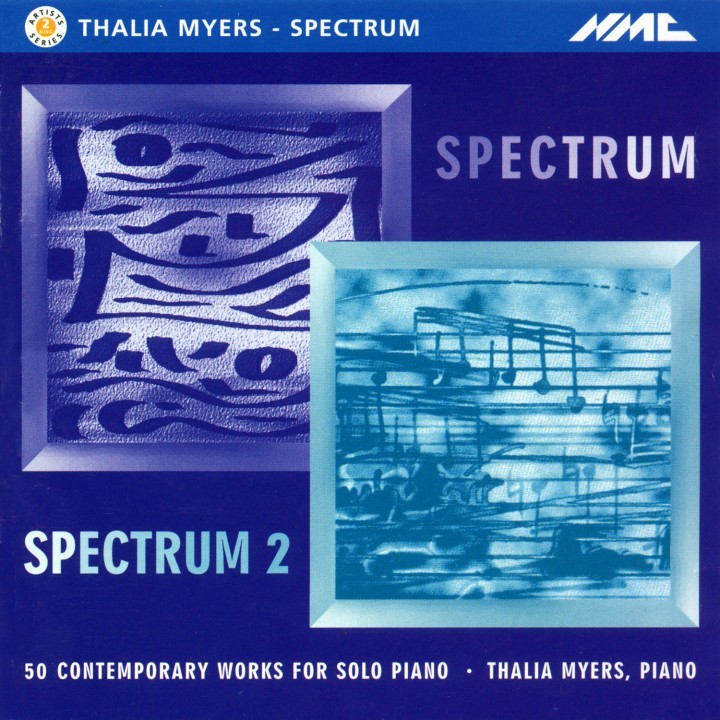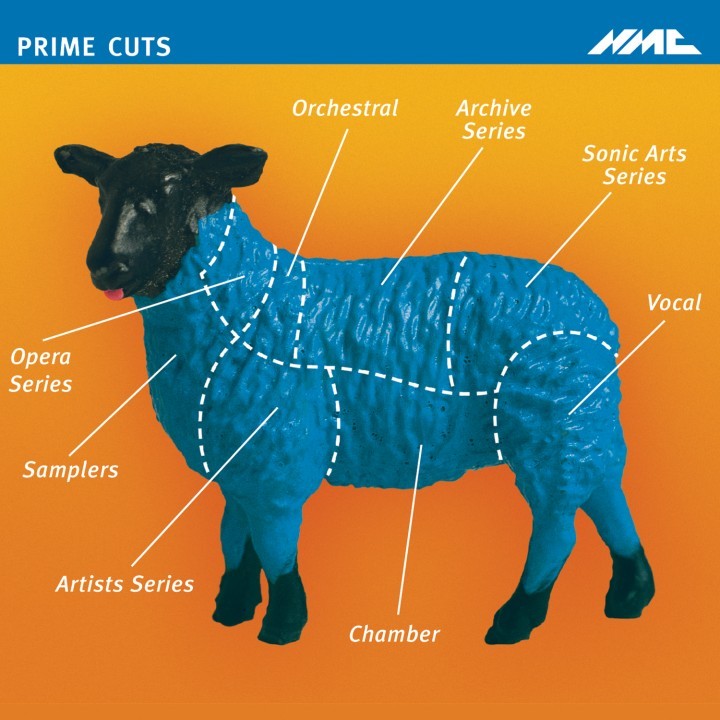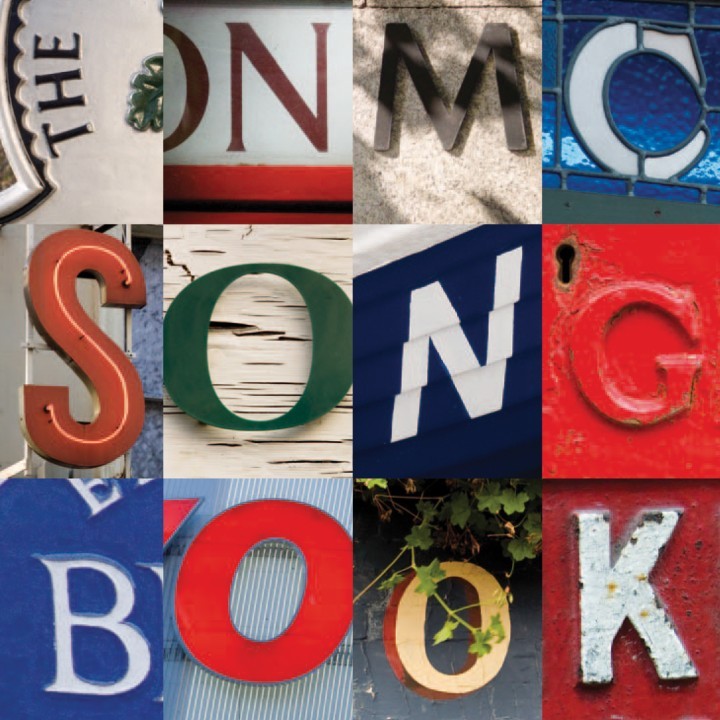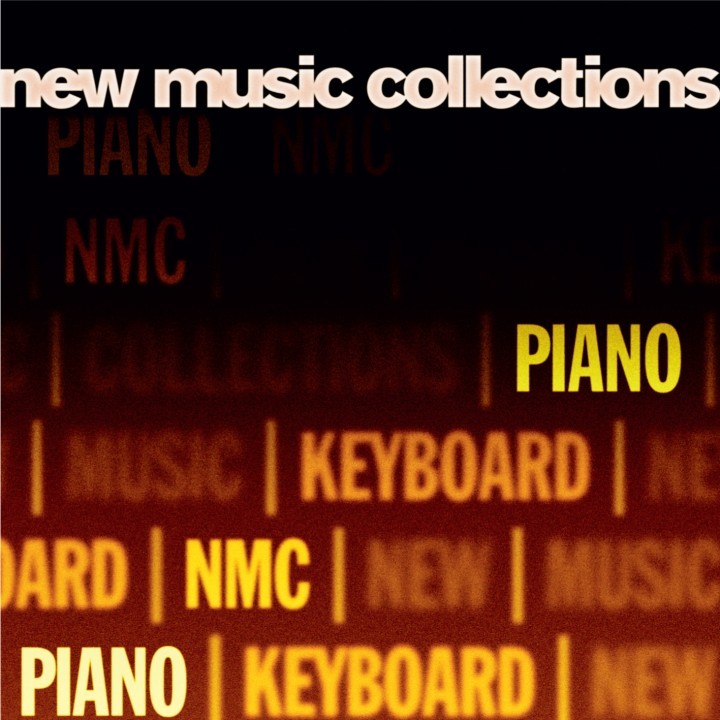Diana Burrell
Diana Burrell was born in Norwich in 1948. She studied at Cambridge University, afterwards moving to London for 30 years, and now lives in Harwich, Essex. After spending several years as a teacher, she became a free-lance viola player, but gradually concentrated her energies on writing music. Her first piece to receive widespread critical acclaim was the Missa Sancte Endeliente, a 50-minute work written for the 1980 St Endellion Festival. A massive composition for five soloists, semi-chorus, chorus and orchestra, the Missa incorporates settings of Cornish and Latin texts as well as a wide range of compositional techniques from micro tonality to modality. Brought to London for the Spitalfields Festival of 1983, the Missa provided the launching pad for an ongoing series of evermore illustrious commissions and an impressively wide-ranging, adventurous and distinguished body of work.
Burrell’s first major orchestral piece, simply entitled Landscape (1988) has been described as depicting both a wild windswept countryside and a tough urban vista. The use of instruments in their extreme registers is a hallmark of the diversity of orchestral palette the composer puts at her disposal in all her works. Landscape is one of the recent ‘Encore’ winners (an award organised by the Royal Philharmonic Society and BBC Radio 3 and sponsored by the PRS Foundation).
Diana Burrell’s body of work covers the spectrum of compositional achievement from the 1993 String Quartet Gulls and Angels to chamber ensemble pieces such as the vividly ritualistic dreamscape Barrow (1991), opera (The Albatross, written in 1987 and premiered to great critical acclaim by Trinity College of Music in June 1997) and of course her dramatic and colourful Symphonies of Flocks, Herds and Shoals (1995-6) which was a commission from the BBC and was premiered in 1997 by the BBC Symphony Orchestra. She has also written many works for young and amateur performers with both respect and imagination, never lowering her compositional sights or blunting the edge of her style.
Her more recent works include Gold (2001), a bright, virtuosic piece for piano and 7 brass players, the Concerto for Violin with Singer and 3 Ensembles (2009) with its fresh and intense sound world, and the wide-ranging yet often intimate structures of the 8 separate works which make up The Hours (2011). This major set of pieces for the organ (or related instruments such as accordion and harmonium) sets the instrument at the core of various different and unusual chamber ensembles, the whole being structured around the ancient, liturgical 'Hours' of the Church.
Blaze, a BBC Proms commission for the Norwegian brass group tenThing was premiered in 2013 at the Cadogan Hall. A second BBC commission, this time for the BBC Symphony Orchestra, lead to the Concerto for Brass and Orchestra, premiered at the Barbican in December 2016 and conducted by Jukka-Pekka Saraste. In the same year Diana was commissioned by Brentwood Cathedral in Essex to write a new setting of the 'Missa Brevis', a work that has recently been heard at the London Festival of Contemporary Church Music and the Three Choirs Festival. More recent works include anthems for New Music Wells, Pentecost, a large-scale work for piano solo, written for Matthew Schellhorn, and a Christmas Carol for the Choir of St Catharine's College, Cambridge.
During her time as Artistic Director of the Harwich Festival (2012-2014), Diana’s bold, imaginative programming, with its emphasis on the contemporary and the thought-provoking, attracted national acclaim, greatly lifting the profile of the festival. Diana's own music has been called fresh and vital, uncompromising in its integrity whilst communicating directly to the listener. She has written of the need for 'strong, rough-edged things, brave disrespectful shapes and sounds...' as much a reference to her love of modern architecture as a declaration of her compositional creed. She has succeeded in creating a unique, personal language which is both primeval and unequivocally of our time.
Diana Burrell was born in Norwich in 1948. She studied at Cambridge University, afterwards moving to London for 30 years, and now lives in Harwich, Essex. After spending several years as a teacher, she became a free-lance viola player, but gradually concentrated her energies on writing music. Her first piece to receive widespread critical acclaim was the Missa Sancte Endeliente, a 50-minute work written for the 1980 St Endellion Festival. A massive composition for five soloists, semi-chorus, chorus and orchestra, the Missa incorporates settings of Cornish and Latin texts as well as a wide range of compositional techniques from micro tonality to modality. Brought to London for the Spitalfields Festival of 1983, the Missa provided the launching pad for an ongoing series of evermore illustrious commissions and an impressively wide-ranging, adventurous and distinguished body of work.
Burrell’s first major orchestral piece, simply entitled Landscape (1988) has been described as depicting both a wild windswept countryside and a tough urban vista. The use of instruments in their extreme registers is a hallmark of the diversity of orchestral palette the composer puts at her disposal in all her works. Landscape is one of the recent ‘Encore’ winners (an award organised by the Royal Philharmonic Society and BBC Radio 3 and sponsored by the PRS Foundation).
Diana Burrell’s body of work covers the spectrum of compositional achievement from the 1993 String Quartet Gulls and Angels to chamber ensemble pieces such as the vividly ritualistic dreamscape Barrow (1991), opera (The Albatross, written in 1987 and premiered to great critical acclaim by Trinity College of Music in June 1997) and of course her dramatic and colourful Symphonies of Flocks, Herds and Shoals (1995-6) which was a commission from the BBC and was premiered in 1997 by the BBC Symphony Orchestra. She has also written many works for young and amateur performers with both respect and imagination, never lowering her compositional sights or blunting the edge of her style.
Her more recent works include Gold (2001), a bright, virtuosic piece for piano and 7 brass players, the Concerto for Violin with Singer and 3 Ensembles (2009) with its fresh and intense sound world, and the wide-ranging yet often intimate structures of the 8 separate works which make up The Hours (2011). This major set of pieces for the organ (or related instruments such as accordion and harmonium) sets the instrument at the core of various different and unusual chamber ensembles, the whole being structured around the ancient, liturgical 'Hours' of the Church.
Blaze, a BBC Proms commission for the Norwegian brass group tenThing was premiered in 2013 at the Cadogan Hall. A second BBC commission, this time for the BBC Symphony Orchestra, lead to the Concerto for Brass and Orchestra, premiered at the Barbican in December 2016 and conducted by Jukka-Pekka Saraste. In the same year Diana was commissioned by Brentwood Cathedral in Essex to write a new setting of the 'Missa Brevis', a work that has recently been heard at the London Festival of Contemporary Church Music and the Three Choirs Festival. More recent works include anthems for New Music Wells, Pentecost, a large-scale work for piano solo, written for Matthew Schellhorn, and a Christmas Carol for the Choir of St Catharine's College, Cambridge.
During her time as Artistic Director of the Harwich Festival (2012-2014), Diana’s bold, imaginative programming, with its emphasis on the contemporary and the thought-provoking, attracted national acclaim, greatly lifting the profile of the festival. Diana's own music has been called fresh and vital, uncompromising in its integrity whilst communicating directly to the listener. She has written of the need for 'strong, rough-edged things, brave disrespectful shapes and sounds...' as much a reference to her love of modern architecture as a declaration of her compositional creed. She has succeeded in creating a unique, personal language which is both primeval and unequivocally of our time.
Compilations with this composer
CompilationsRelated composers
Related composersExternal Links
Music Map
Discover more about the classical music of today with NMC's Music Map, and exciting and educational online tool which enables you to see and hear the connections between composers, their teachers, pupils, influences and their works.
Music Map








